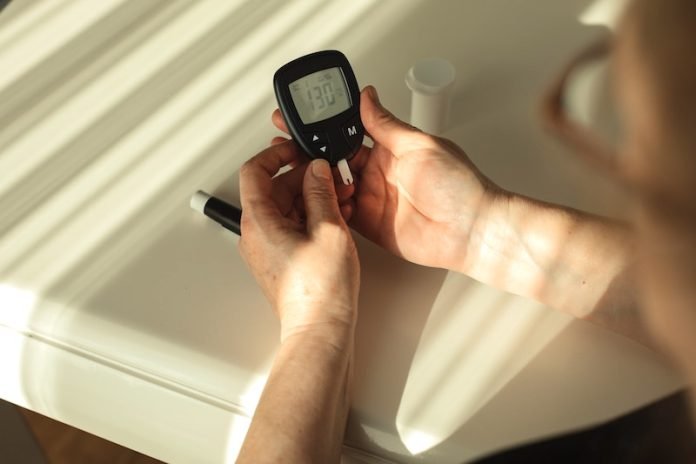
More than 37 million people in America have diabetes, and a lot of them have type 2 diabetes.
This type of diabetes usually affects older people, but more and more young people are getting it too.
People with type 2 diabetes have to take medicine to lower their blood sugar, and some people have to inject insulin every day. But there’s a new treatment that could help them stop taking insulin.
A new study tested a new way to treat type 2 diabetes.
The treatment is called “Re-cellularization via electroporation therapy” (or ReCET for short). It uses controlled electrical pulses to change the lining of the small intestine.
The small intestine is a part of your body that helps digest food and absorb nutrients. The treatment is done with an endoscope, which is a long, thin tube with a camera on the end.
The doctor puts the endoscope into your mouth and down your throat, so they can see your small intestine on a screen. Then, they use the electrical pulses to make changes to the lining of the intestine.
The study was done on 14 people who had type 2 diabetes. After the treatment, the patients were put on a special diet for two weeks.
Then, they started taking a diabetes medicine called semaglutide. Semaglutide can help some people stop taking insulin, but it doesn’t work for everyone.
In this study, most of the patients were able to stop taking insulin and still keep their blood sugar under control.
The doctors think that ReCET works by improving the body’s ability to respond to its own insulin. Insulin is a hormone that helps your body use sugar for energy.
When you have type 2 diabetes, your body doesn’t use insulin the right way, and that’s why you need medicine to help.
But ReCET could help your body start using insulin again, so you don’t need as much medicine.
The doctors are very excited about ReCET because it could be a one-time treatment that helps people with type 2 diabetes for a long time.
They are going to do more studies to make sure that ReCET is safe and effective. But if it works, it could be a game-changer for people with type 2 diabetes.
They might be able to stop taking insulin and have better control over their blood sugar without relying on medicine every day.
How to prevent type 2 diabetes
Preventing type 2 diabetes involves making healthy lifestyle choices that can help reduce your risk of developing this condition. Here are some steps you can take to help prevent type 2 diabetes:
Maintain a healthy weight: Being overweight or obese can increase your risk of developing type 2 diabetes. Losing even a small amount of weight can help reduce your risk.
Exercise regularly: Regular physical activity can help improve insulin sensitivity and lower your risk of type 2 diabetes. Aim for at least 30 minutes of moderate-intensity exercise, such as brisk walking, most days of the week.
Eat a healthy diet: A healthy diet that’s low in processed foods, saturated fats, and added sugars, and high in whole grains, fruits, vegetables, lean proteins, and healthy fats can help reduce your risk of type 2 diabetes.
Quit smoking: Smoking is a risk factor for many health conditions, including type 2 diabetes. Quitting smoking can help reduce your risk.
Limit alcohol consumption: Drinking too much alcohol can increase your risk of type 2 diabetes. If you choose to drink, do so in moderation.
Get regular check-ups: Regular check-ups with your doctor can help you stay on top of your health and catch any potential issues, including diabetes, early on.
By making these healthy lifestyle choices, you can reduce your risk of developing type 2 diabetes and improve your overall health and well-being.
If you care about diabetes, please read studies that MIND diet may reduce risk of vision loss disease, and new therapy for type 2 diabetes remains effective 2 years later.
For more information about diabetes, please see recent studies that Vitamin E could help reduce blood sugar and insulin resistance in diabetes, and results showing diabetes drug metformin may slow down cognitive decline.
The study was presented at Digestive Disease Week (DDW) 2023.
Copyright © 2023 Knowridge Science Report. All rights reserved.



